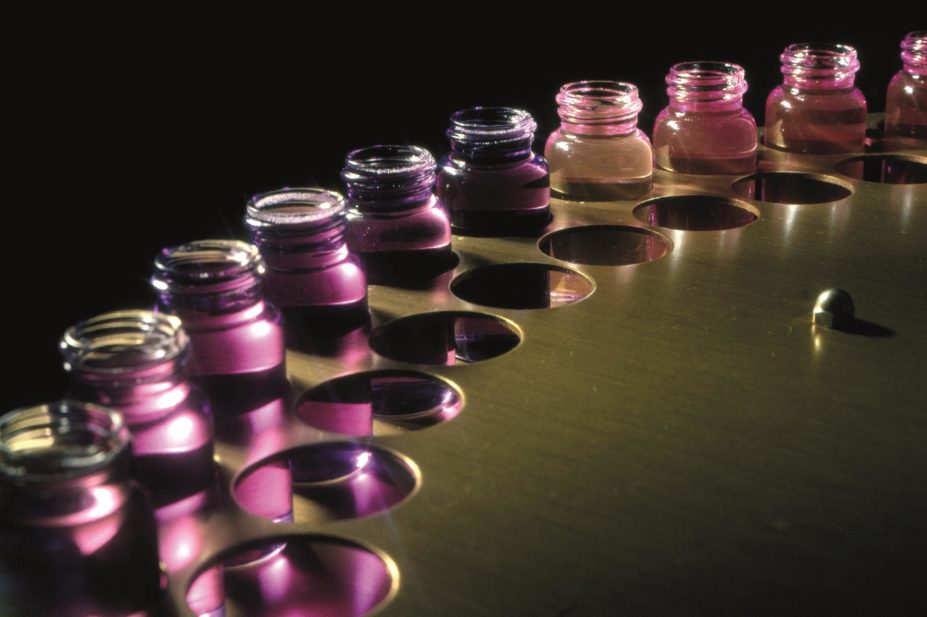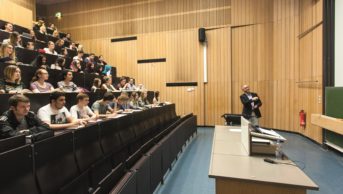
Will & Deni McIntyre / Science Photo Library
Is pharmacy education fit for purpose? Do undergraduate degrees adequately prepare would-be pharmacists for the kind of work they will do in practice?
Chief pharmaceutical officer for Scotland Bill Scott has recently spoken of a need to “move away” from teaching chemistry within pharmacy education. His remarks, made at the Royal Pharmaceutical Society (RPS) Annual Conference in Birmingham on 8 September, were contentious — judging by the heated responses on social media and vehement correspondence to The Pharmaceutical Journal.
Chemistry, physiology, pharmacology, pharmacokinetics, pharmacodynamics, microbiology and pharmaceutics are among the scientific disciplines that inform a pharmacist’s understanding of medicines. Indeed, the importance of science in pharmaceutical practice is highlighted in the RPS’s May 2014 report ‘New medicines, better medicines, better use of medicines’.
The foundations of pharmacy must retain a scientific knowledge base, but that is not to say that education should remain stuck in the ground; pharmacy practice in the UK has changed markedly in recent years. Enabling pharmacists to prescribe medicines in 2003, for example, was not anticipated when the four-year master’s degree programmes were introduced in 1997. Pharmacy has evolved from a largely scientific profession into a clinical one underpinned by science.
Plans to reform pharmacy education have been beset with delays. A new five-year MPharm degree that integrates pre-registration training placements into the undergraduate programme was first proposed in 2011. Although the reforms are led by Health Education England, they can be expected to have a major impact on the shape of pharmacy education and training across the UK.
When these reforms do finally happen, it will be essential to test new models of pharmacy education that mesh the elements of science and practice. Dropping chemistry cannot be the solution and, given the position he holds, Bill Scott should not have suggested as much in such an influential forum, however keen he might be to address the clinical shortfalls in undergraduate education.
When a pharmacist holds a box of tablets in his or her hands, what is more important: knowledge of how the medicine was developed or the understanding of how to support the patient who is going to take it? That pharmacists can consider both aspects is a core strength of their expertise, and one that should never be undermined.


